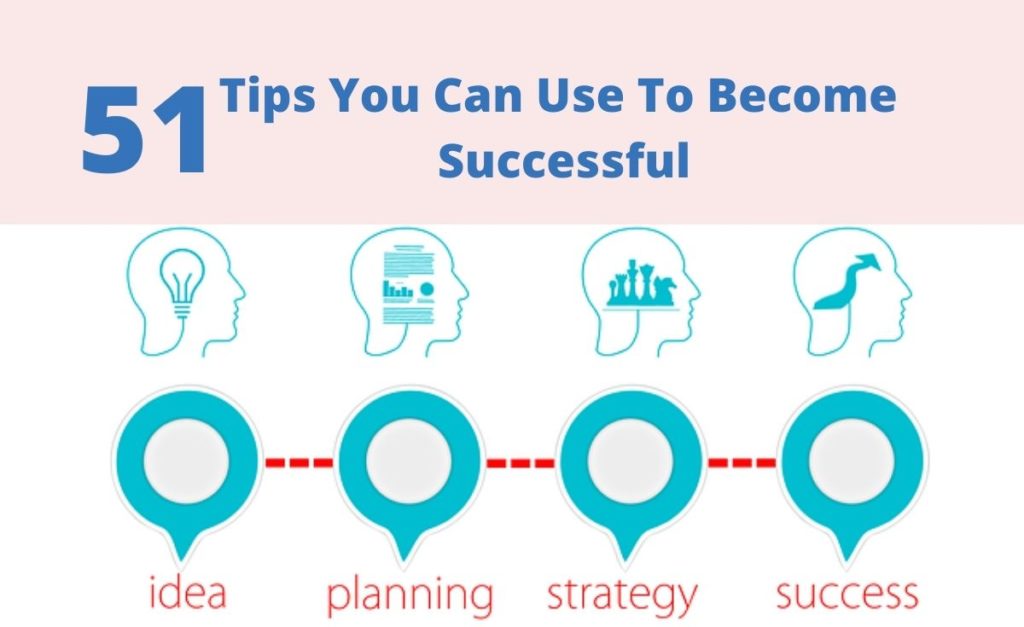Doing business in a highly competitive market can be a challenge, but it can also be an opportunity to become more innovative and profitable. Contrary to popular belief, competition isn’t always bad for business. Competition can drive businesses to become more innovative, efficient, and productive. If you are starting a business whether small or large, this article will show you 8 compelling reasons why competition is good for business and how to use opportunities created by competition to your advantage.
Without further ado, the following are reasons why competition is good for business.
1. Competition leads to high-quality products through creativity and innovation
A market that lacks competition also lacks good products and innovation. Competition drive businesses to invest a huge amount of resources in developing new products, doing research and improving existing products, and looking for ways to expand to new markets.
When there is no competition, however, businesses do not invest in new product development or innovations. Whatever is being sold on the market stays the same for a while. This is not good for business. Think about how the mobile industry pretty much stayed the same during the 2000s. Little progress was made during this period. After discoveries were made in the technology sector and many companies took advantage of it, current mobile phones have taken over and replaced computers.
The lack of new products and competition also means that new businesses cannot be started which leads to fewer jobs and a stagnant economy. Additionally, the lack of competition keeps a particular sector undeveloped for a long time. But, once competition is allowed in a particular market, people look for new ways to conduct business, design new products, and build a strong infrastructure that fosters growth and prosperity. As a result, new jobs get created which lowers unemployment rates and strengthens economies in their respective countries.
2. Competition forces businesses to lower their prices
Running a business requires watching what your competitors are doing and replicating it better. For example, if you are selling the same product as your competitor, you won’t stand out unless you find better ways to sell the same product.
Selling the same product as your competitors means that you won’t add value to it. But, you can figure out ways to offer it better. You can either offer the same product at a lower price or bundle your product with other services.
Two forms of competition
Usually, businesses engage in two forms of competition which are premium prices and low prices. For premium price-based competition a company develops great products with high quality and sells them at premium prices. On the other hand, for low-price competition, businesses find ways to offer products at the lowest price possible.
In a market where there is fair competition, businesses tend to lower prices regardless of the form of competition they are engaged in. Meaning even if you offer products at premium prices, you still need to watch how your competitors are pricing their products and offer them better. For example, think about Target, Cub, Aldi, Costco, and Kroger. All these grocery stores are engaged in premium price competition.
While they have built brands of their own, they still have to maintain competitive prices and lower them where needed to steal customers from their competitors. On top of these competitors, each one of these companies still competes with Walmart which is a low-price-based competitor. That is why these companies lower prices on certain products to steal customers from Walmart and maximize their revenues.
3. Competition can increase sales through product awareness
When companies are facing a lot of competition, they often increase their sales through product awareness. Product awareness is the act of helping the public get familiarized with your product and brand.
During this process, you might need to offer the product at a low cost or run different campaigns in different markets. All these activities businesses access to different markets and bring in more sales. Additionally, the competition helps businesses know what to do and not do for their businesses. Meaning that businesses focus on what works and ignore what does not.
4. The competition encourages businesses to create their brands
Competitive and successful businesses do not exist by accident. Instead, it takes careful planning, research, and designing competitive products. These factors cannot be achieved without building a brand behind the product. Meaning, building a brand is as equally important as the product a business creates.
As a company, your brand is what differentiates you from your competitors. A successful brand is usually attributed to a successful company. Once you have built your brand it becomes much easier to market your products and compete with other businesses in the same sector or industry.
For example, Apple products are regarded as some of the best products in the world compared to its competitors. The success of Apple is not just products the company sells. Rather it is the brand the company has built around its products. That applies to similar businesses like Samsung, NIKE, Microsoft, etc. The brand is what sells a product.
Let’s take a look at another example. You probably heard of Gucci products and how expensive they are. Does this mean that Gucci makes the best products in the world? Absolutely not. But, Gucci is highly known by almost everyone and its products sell because the company has built a brand around the products. This branding concept applies to its competitors such as Louis Vuitton, Armani, Chanel, Versace, Prada, Dolce & Gabbana, Bulgari, and many more.
What all these companies have in common is that they all have built brands that differentiate them from their competitors. Hence, securing a share of the market in the luxury sector.
5. Competition improves customer service and satisfaction
Most successful businesses are also known to have good customer service. Unless there is a monopoly in a particular sector, businesses with bad customer service do not survive long. This is because customers tend to go where they are well-treated and respected.
Without competition, the business would not care much about the customer’s needs and intentions. But, due to competition, businesses do whatever they can to satisfy every customer. Hence, winning a more significant share of the market and revenues while helping their customers.
6. Competition eliminates bad businesses
In a very competitive market, only good businesses succeed. This is because success depends on a business’s ability to design great products and market them to the right customers. Great products, however, take immense research and resources to make and bring them to the market. It also takes time to achieve a high level of success.
The longer it takes to secure long-term success, the more resources it takes. Not every business can afford to stay afloat for a long time without succeeding. In other words, competition eliminates bad businesses and less established ones.
Also, when a business is bad in terms of products, customer services, respect for its employees, etc, it goes out of business faster due to competition. For example, if a business does to have policies that foster the success of its employees, equality, safety, or competitive pay rates, employees go where they are more appreciated.
A business that cannot retain its employees cannot meet its customer’s demands. This leads to reduced revenues as fewer products are sold and most customers move to its competitors. Eventually, that business ends up closing its doors due to competition.
You might also like: 13 reasons why businesses fail really quick
7. Competition eliminates monopoly
Monopoly is not good for the business environment. Not only that a monopolized market lacks creativity and innovations, but it also fosters bad business practices such as lack of regulations, corruption, etc. This does not mean there is no corruption in a market where competition is encouraged. Instead, businesses focus less on corruption or bad practices and emphasize developing great products and other competitive advantages.
The only way to prevent monopoly is to create an environment where businesses succeed by being the best at what they do. This shift in focus encourages creativity, new product designs, and the proper treatment of customers and employees. Hence, creating new jobs and boosting the country’s economy.
8. You can build a successful business by evaluating your competitors’ weaknesses
If you are going to start a business, it is best to study your competitors and see what they are doing wrong or what areas of the market they are not satisfying at full capacity. You can still start a business based on your customer’s needs without relying on the competition. But, still, looking at what is already done is essential in starting a successful business.
For example, if you are going to start a pet care business in your area, you might need to first study pet care companies that already exist in the area. Even in there is no pet care business where you want to operate, knowing how pet care businesses work is essential. You might need to know the ins and out of the business structure, how to satisfy customers’ needs, etc. You could also look at what is missing in existing businesses and build your own pet care company around that issue. Again, it is not the competition that matters. Instead, it is what you do that is different than your competitors that dictates your success.









